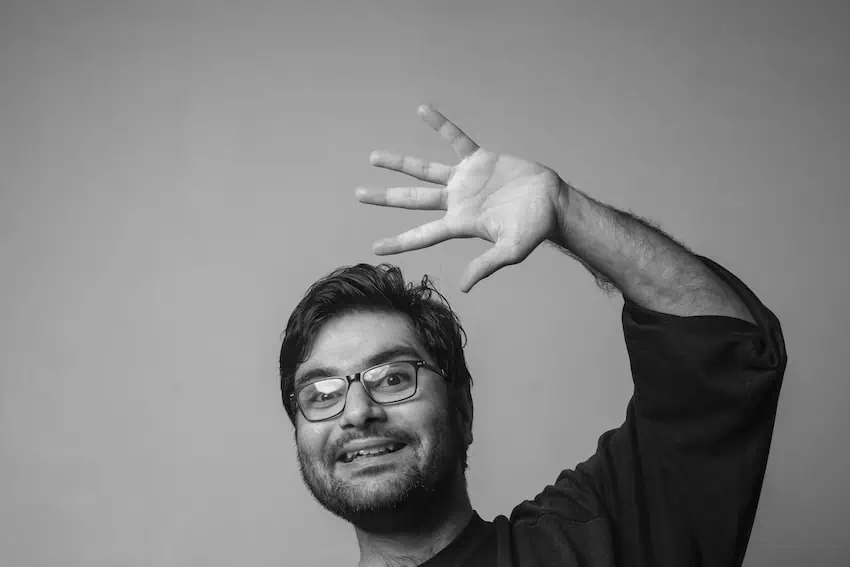About a year after my husband and I bought a house in Guwanjuado, my sister met us. One day. Or “forgive me.” Asked her with my New Mexican Lens, I won and she sounded rudely. But a year ago, I was talking like that – before I caught the Mexican priest.
Although my siblings and I were raised by parents from the American deep south, he respectfully paid a high value – the Mexican people seek to do – we were not raised in the south. Since I grew up during the counter culture in the 1960s, I thought the focus on the habits was superficial and fun. In Mexico, I felt that respect was an important social glue until I started spending a long time.
During my 20 years of my 20 years in Mexico, I accepted that social glue. Here are some examples.
Greetings
When we first bought our house, I don’t know how important the respect in Mexico is, and if you look back, my point communication style makes me embarrass. Fortunately, I have softened my style, and in fact, I liked the soft good ones that are, in fact, Mexican. For example, if I enter a store, I know first to say “Bunus Das” or “Bunas Darts”. Similarly, while getting on the bus, I always congratulate the driver and my fellow passengers.
When you leave a restaurant, you are sure to say “Pune Provep” when crossing the rest of the restaurants. If I finish a conversation or leave a shop, I accepted the phrase asking for the Mexican app: “Bonido Dia!”
One day, I crossed a neighbor’s householder. For the second time, I said “Hola”, but I realized that Mexican is rarely hearing the use of the word. I asked my teacher what to say. The answer? “Buenos Thiaz” or “Darts” or “Noacus”, no matter how many times I see that person within 24 hours!

Even on WhatsApp, unlike the United States, the SMS may be like haiku in their wrinkle, and Mexican begins with a greeting. My Spanish teacher always starts his messages with “Buenos Das” or a similar greeting. Although I have occasionally forgotten, as recently, I have forgotten to my neighbor and when I started with his name from time to time. When he responded with “Bunas Darts, Louisa”, I felt my error.
Asking for permission and expressing gratitude
Before buying our house, Bar and I visited Guwanjuado several times. For a year, we rented a room from our neighbor’s Rebecca and met with our teacher in her living room. When Juan leaves, he would say “Khan Permiso”, and then explained that the phrase is a polite way to signal you, and asks for permission to leave. It is a way of asking you to guide you when you cross someone.
Anyone can say “Muchas Grassiaz”, but after hearing other foreign residents, I began to add “Mui Amel” (very tender). This phrase adds an additional note of warmth, and looks less intelligent than “Crazyas”.
I am surprised at the circumstances in Mexico, where the passenger got off the bus and thanked the bus driver. Any chance!
Indirect link
To protect reconciliation, many Mexican avoids publishing statements that are considered negative. For example, instead of saying “no”, you can say, “I think about this.” If I speak bluntly in Mexico, it can be misunderstood as rude and attack because it collides with long and more diplomatic communication style.
In writing, the Spanish texts are long in a direct communication style. If you look at an English language paragraph and translate it into Spanish, the Spanish version is usually 20 to 30 percent long because it uses more words to report the same message.
The shapes of the address
When I addressed the elderly, my parents taught me to use the topics “sir” and “madam”. In Mexico, the forms of the address are an important sign of respect. For a year, when my 90 -year -old father was meeting us in Guwanjuado, I called Rebecca, who was 75 years old, for a drink. Using the proper version of “You”, Rebecca spoke to my father as “ousted”. For me, they both were older, so what difference did it make? In the meantime, at the age of 59, I thought it was just “Chika” compared to them! I am informatively addressing Rebecca, because many years ago, she allowed me to use a pronoun “D” with her.
I cannot bring the word ‘Joean’ (young or woman) to address a employee, because as I was growing up, “Boy” is my racist uncle used to address an African-American for any age. Instead of that, I say “Sorry” or “apologize.”
In Mexico, as I once thought, I knew that respect was a kind of social lubricant. After many years of living in Guanjuado, I see that the unexpected ways of expressing the respect and respect of Mexican are still surprised and entertained.
Louisa Rogers Her husband, Barry Evans, divides their lives between Guwanjuado and Eureka on the north coast of California. Louisa writes articles and articles on foreign life, Mexico, travel, physical and psychological health, pension and spirituality. His latest articles are on his website, https://authory.com/louisarogers
(Tagstotranslate) Cultural Norms (T) Expat Life (T) Manners (T) Politness
Story Credit








